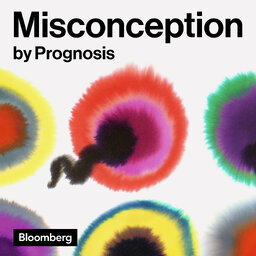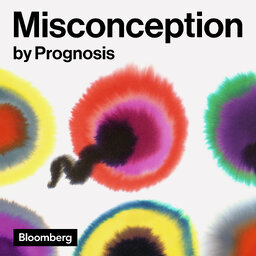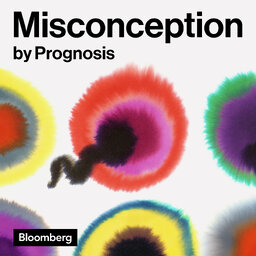How U.S. Health Care Broke The Bank
In 2020, Americans will spend almost $4 trillion on health care. Yet for all that spending, Americans overall tend to be less healthy and die younger than citizens of other wealthy nations. The cost of health care has become so burdensome that people all across the United States are forced to make difficult choices every day: forgo urgently needed medicines or treatment for serious injuries out of fear the cost, even with insurance, could bankrupt them. How did the U.S. health-care system get this way? And what are some people trying to do to change it? This season’s Prognosis explores these questions.
 Prognosis: Misconception
Prognosis: Misconception


